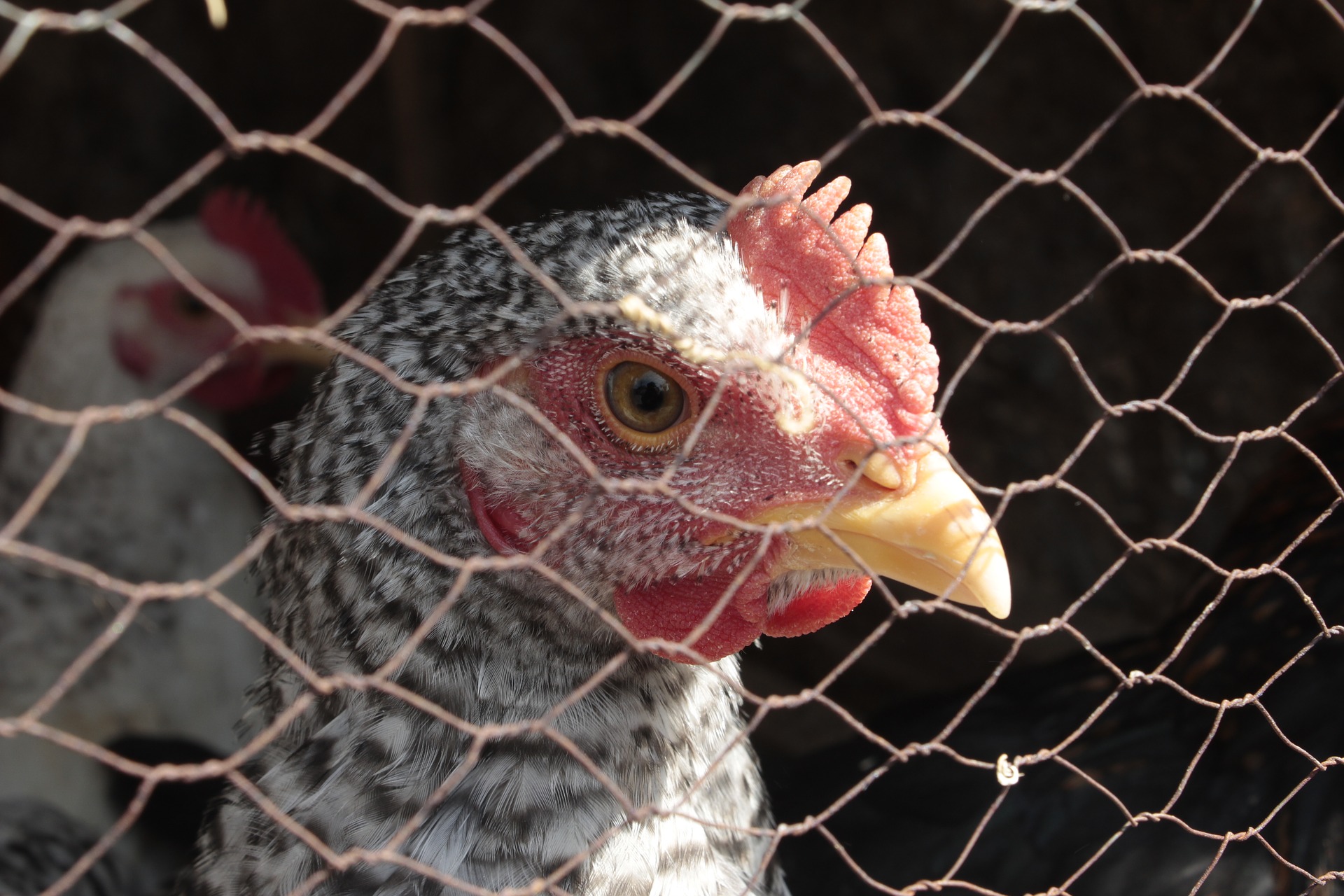News release
From:
Optimizing the early detection of low pathogenic avian influenza H7N9 virus in live bird markets
Journal of the Royal Society Interface
In Southeast Asia, surveillance at live bird markets (LBMs) has been identified crucial for detecting avian influenza viruses (AIV) and reducing the risk of human infections. However, the design of effective surveillance systems in LBMs remain complex given the rapid turn-over of poultry. We developed a transmission model to provide guidance for optimising AIV surveillance efforts. Results show that (i) using a portable diagnostic device would slightly reduce the number of infected birds leaving the LBM before the first detection, as compared to a lab-based diagnostic strategy, (ii) H7N9 detection could become more timely by sampling birds staying overnight, just before new susceptible birds are introduced at the beginning of a working day, and (iii) banning birds staying overnight would represent an effective intervention to reduce the risk of H7N9 spread. These strategies should receive high priority in Vietnam and other Asian countries at risk of H7N9 introduction.



 International
International



